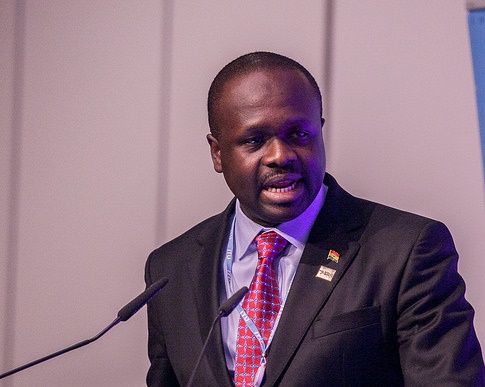Dr Edward Omane Boamah a former Minister for Communications has charged the Information Ministry to use more local languages in sending out COVID-19 messages because it is too anglocentric.
Dr Boamah believes there are many who still do not agree that the disease exists because they have not understood the communication.
He charged the Infomation Ministry to make use of the local languages in passing on vital information because that will sit better with the populace.
READ ALSO:Â C/R NPP urge Parliamentary aspirants to support COVID-19 fight
"The communication concerning COVID-19 has been too anglocentric, it is recently that I have heard them translate sometimes into some of our local languages. Communication is key in times like this because many still do not understand or believe the disease exists. The Information Services Department must be equipped to do more," he said on the Joy Super Morning Show.
There have been several calls for the use of local languages to send out COVID-19 messages.
However, the Ministry for Information says they have translated all COVID-19 educational materials have been translated into eight local languages to enhance and deepen public understanding and cooperation.
The education materials, including; the Presidential broadcast, Minister’s briefings and the explanations on the mode of infection of the respiratory disease have been translated into Twi, Ewe, Hausa, Nzema, Dagbani, Ga, Kusao and Dagari.
Ghana’s COVID-19 cases are now pegged at 2,169.
This was contained in the Ghana Health Service updates released on May 2, 2020.
The recovery numbers stand at 229 with 18 deaths.
The Ministry of information engaged the services of the Bureau of Ghana Languages to do the translations following the outbreak of the disease in the country.
Â





